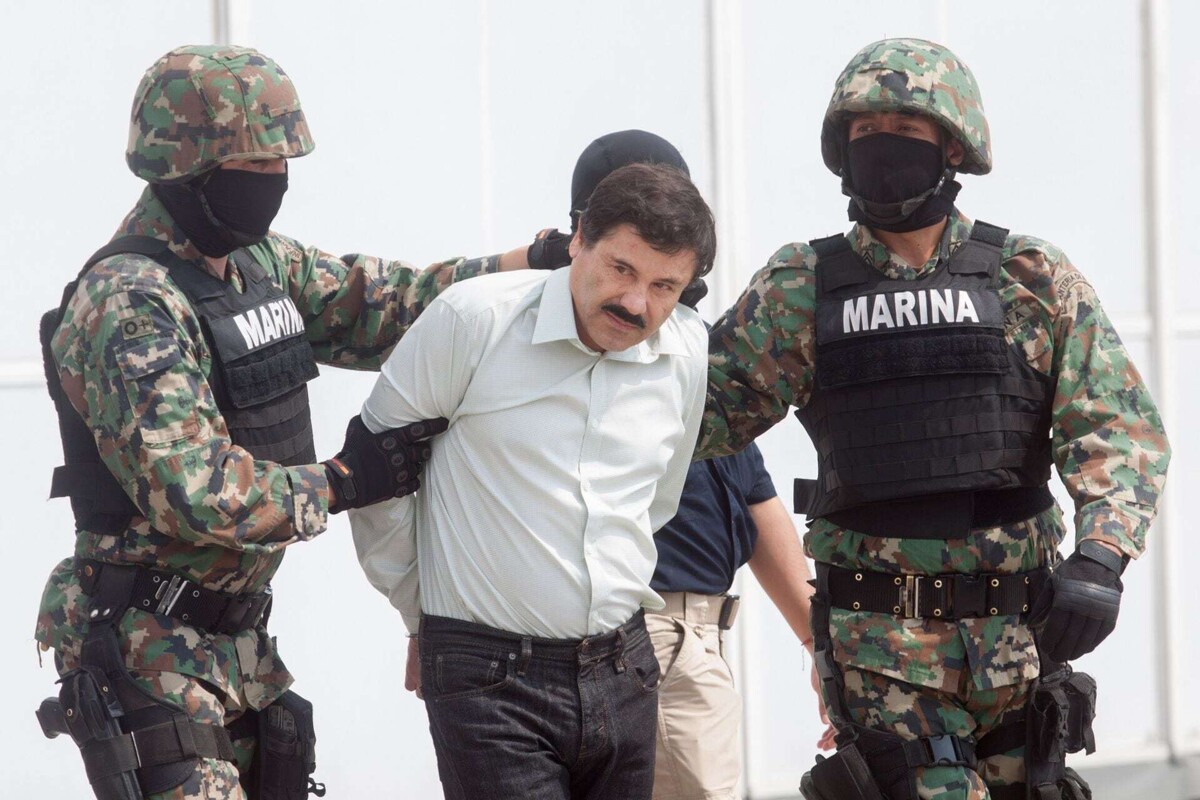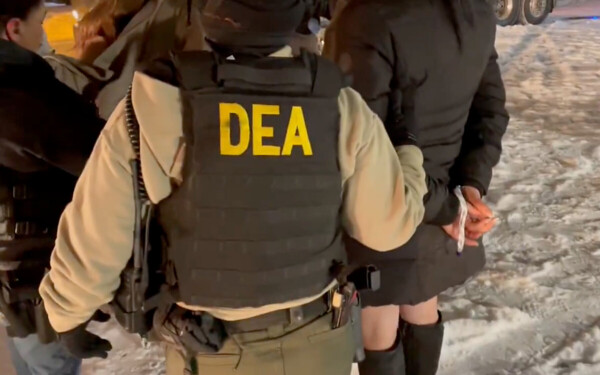
The negotiations that Joaquín and Ovidio Guzmán are conducting with the U.S. authorities to receive a minimal sentence for their drug-related crimes could benefit the leader of the Sinaloa Cartel, Joaquín 'El Chapo' Guzmán Loera. The information was explained by Jeffrey Litchman, legal representative for both the sons and 'Chapo' Guzmán himself, in an interview with Río Doce.
"There was never a waiver of the specialty rule signed by a magistrate judge," stated the legal document of Joaquín Guzmán Loera. Joaquín 'El Chapo' Guzmán is incarcerated in a maximum-security prison located in the state of Colorado. He later filed an appeal to reduce his sentence, but a U.S. court upheld the ruling.
The reduction of the sentence for 'El Chapo' Guzmán could occur if he collaborates with the U.S. government by testifying in the trials of other drug traffickers, such as his associate Ismael 'El Mayo' Zambada. Attorney Litchman also explained that a reduction in his sentence may be considered if he provides information about the whereabouts of his sons who are still at large: Jesús Alfredo and Iván Archivaldo Guzmán Salazar.
On October 21, 'El Chapo' Guzmán sent a motion to Judge Briana Cogan requesting a new trial against him. The lawyer indicated that the benefits from the negotiations being made by both Ovidio and Joaquín Guzmán could help reduce the father's sentence. 'El Chapo' Guzmán was sentenced to life in prison on July 19, 2019, by Judge Brian Cogan.
The drug trafficker indicated that his trial should have been held in a court in Texas or California. 'The extradition to the Eastern District of New York was illegal.' The founder of the Sinaloa Cartel requested that his case be reconsidered, as he "had a bad defense team,” he asserted. In his letter, he described his extradition to the United States as illegal and stated that legal processes were not followed. In 2019, he was sentenced to life in prison for 10 drug-related offenses and for conspiring to commit a homicide in New York. He should have been extradited to the Eastern District of Texas and the Southern District of California.













